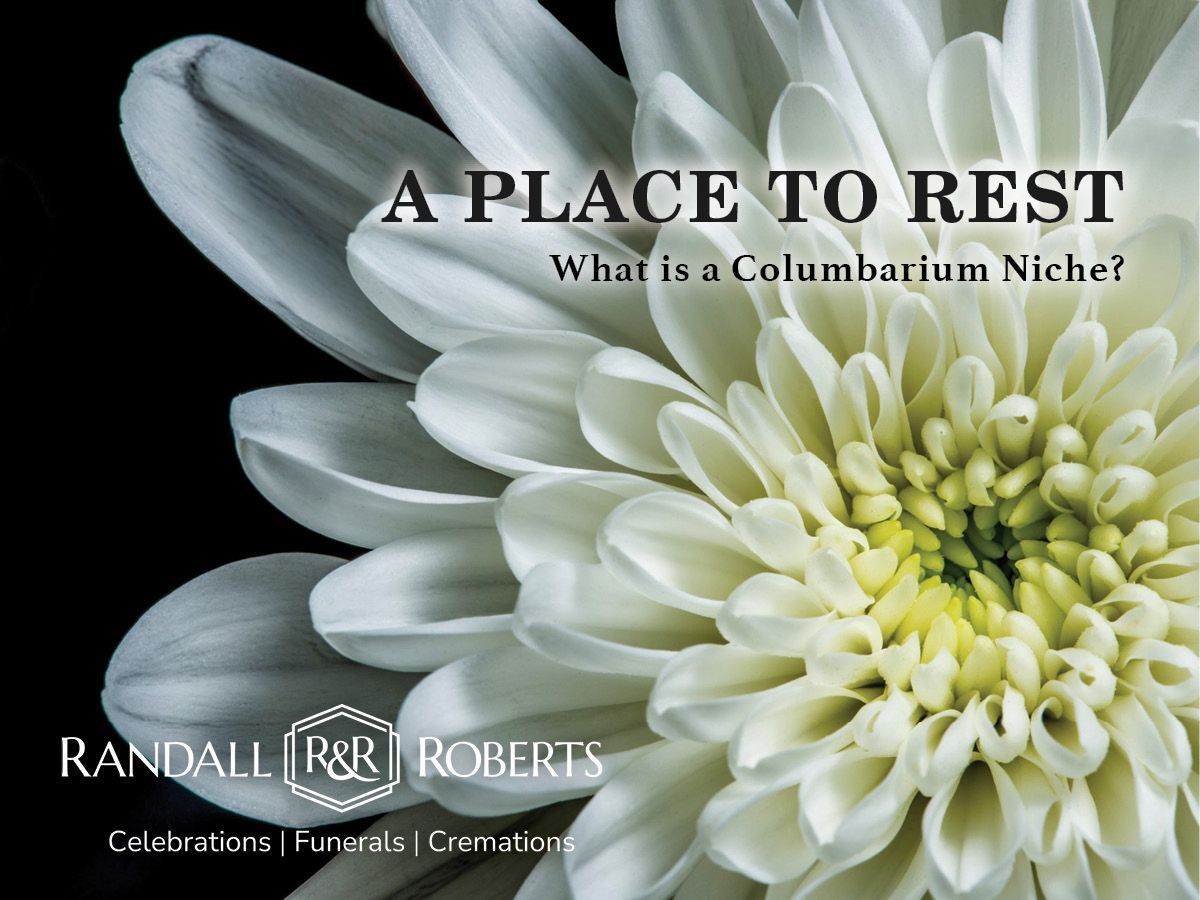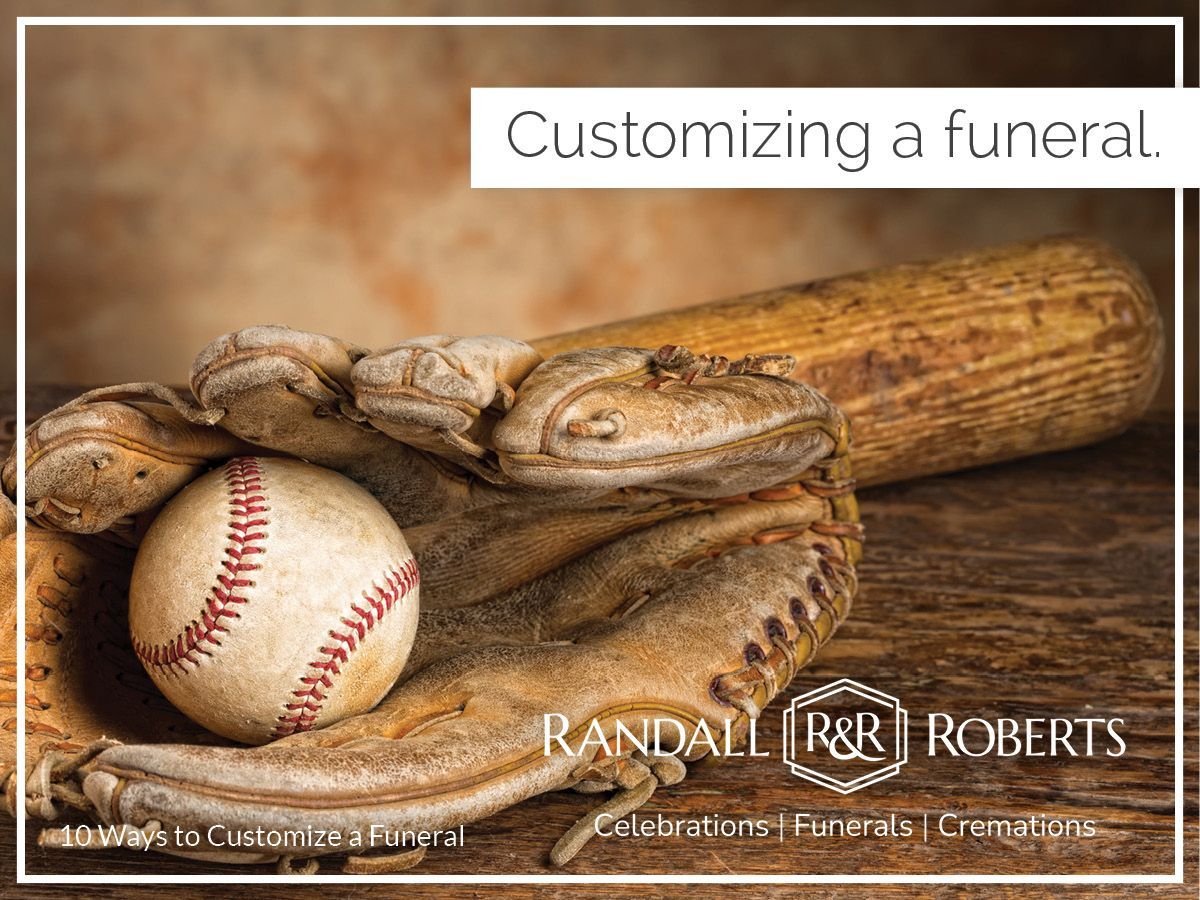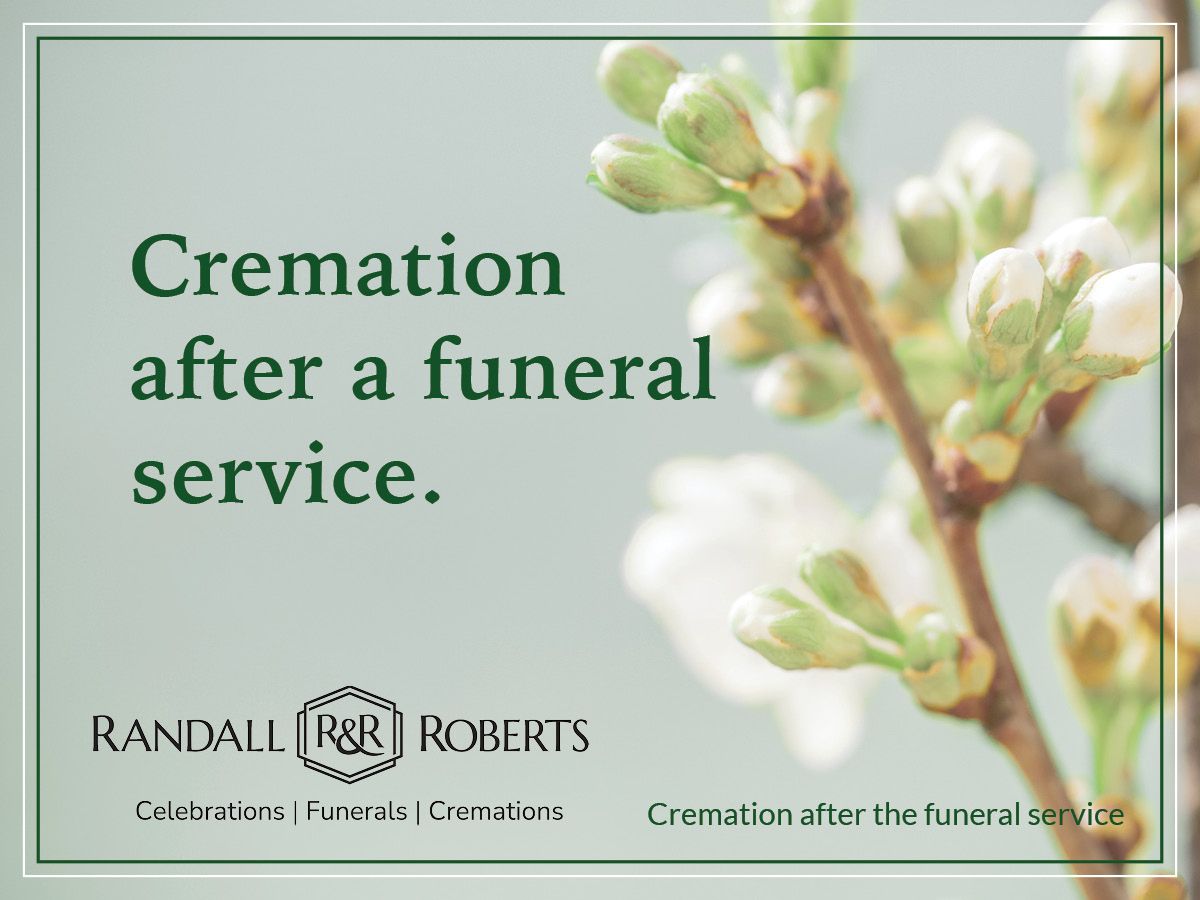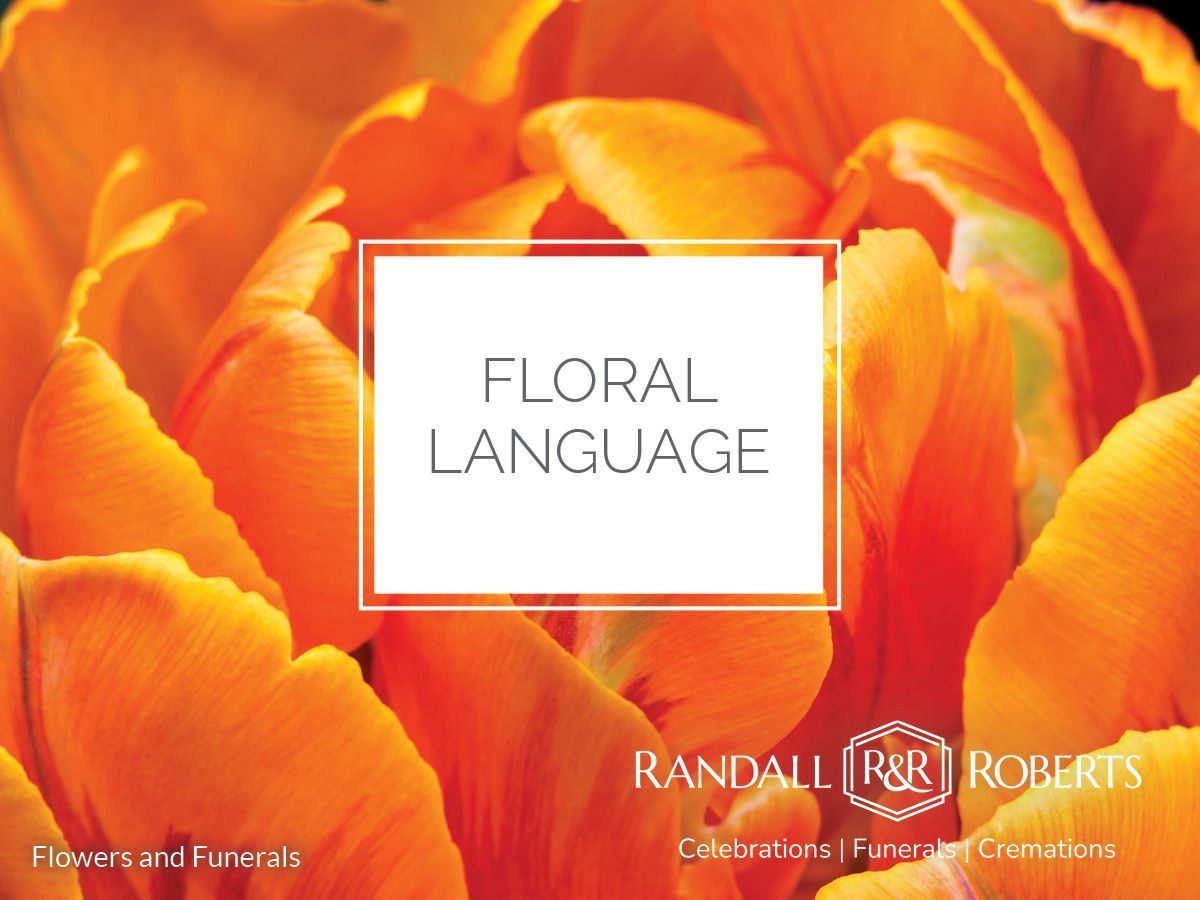Funerals are for Saints and Sinners
These days we’re hearing a lot about life celebrations. A funeral is a ceremony for someone who has died and the survivors. A celebration of life is a funeral with a celebratory feel and it may or may not have a faith-based component. Celebrating the life of the accomplished, the kind, and the generous feels natural. It feels like something we should do.
On the other hand, what do we do about the “broken” people? The bullies, the addicted, the angry, or those who just never got it all together. What do we do when they die? Most of us have one or more imperfect people in our immediate circle.
The loss of one of these folks is real and it hurts. Because they are gone, our lives will not be the same. We may be relieved of a burden, but we are also without hope. The hope that we will get a hug or a kind word is gone. The hope that a child will get sober and realize the potential you knew was there is gone. The hope that we will hear “I’m sorry” or understand the reason behind the addiction, the anger, or the hatred is now gone. It’s painful. Someone we love has died. Having a funeral will help.
It can be hard to know just what to do when “celebration” doesn’t feel right. This may be especially true if a faith-based service does not feel like the right fit. Ask your funeral director for help. There are funeral celebrants who are not attached to a church who can help you find the right fit. Your funeral director can help you find the right person.
Funerals are always for the survivors. Regardless of how the deceased spent their time on this earth, survivors need to gather with each other and their friends. Everyone needs to share in a safe place. All survivors grieve. We all need the opportunity to begin our grief journey in a healthy way. A funeral, a ceremony for someone who has died, is the beginning of that journey.










